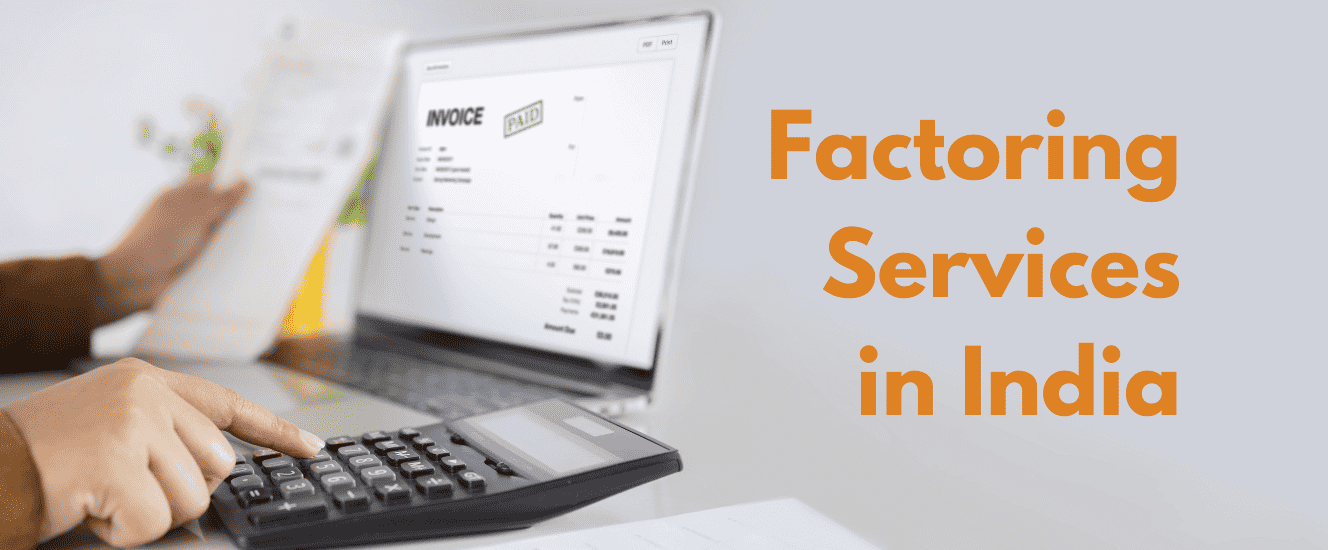When a firm faces the non-payment of one or more invoices, that company will initially try to recover what is owed using an amicable debt recovery approach.
Debt collection may be a difficult and delicate procedure that frequently leads to conflict between creditors and debtors. An amicable debt-collecting technique has become more popular in today’s world, where keeping connections is extremely valuable. This strategy places a focus on open dialogue, compromise, and empathy to settle unpaid obligations without jeopardizing ties.
In the following article, we explore the positive aspects of amicable debt collection as well as the key strategies for achieving a positive outcome.
An amicable debt collection process refers to a cooperative and respectful approach taken by debt collectors when engaging with debtors to resolve outstanding debts. It focuses on fostering open communication, understanding the debtor’s circumstances, and seeking mutually agreeable solutions for debt repayment. Rather than resorting to aggressive tactics, it seeks to establish a respectful dialogue and find mutually agreeable solutions. This approach recognizes that financial hardships can affect businesses and aims to resolve debts while preserving relationships.
An amicable approach refers to a respectful and cooperative method of engaging with debtors to resolve outstanding debts. Let’s explore some of the positive aspects of adopting an amicable approach to debt collection.
One of the primary benefits of an amicable approach is the ability to preserve business relationships. By maintaining a respectful and cooperative attitude, debt collectors can avoid damaging the relationship with the debtor. This is particularly important when the debtor is a valuable customer or a business partner. By resolving the debt amicably, businesses can foster goodwill and maintain long-term relationships.
An amicable approach increases the likelihood of successful debt recovery. When debt collectors approach debtors with understanding and empathy, it creates a more conducive environment for open communication and negotiation. Debtors are more likely to respond positively and cooperate when they feel respected and listened to. This approach can lead to mutually agreeable repayment plans or settlements, ultimately resulting in successful debt recovery.
Adopting an amicable approach to debt collection helps businesses protect their reputation. Aggressive and confrontational debt collection tactics can tarnish a company’s image and negatively impact its brand perception. On the other hand, an amicable approach demonstrates professionalism, fairness, and ethical business practices. This can enhance the company’s reputation as a responsible and customer-oriented organization, even in challenging financial situations.
An amicable approach can help minimize legal costs and potential disputes. By proactively engaging in dialogue and attempting to reach a mutually agreeable solution, businesses can avoid the need for lengthy and expensive legal proceedings. Resolving debts amicably also reduces the chances of the debtor contesting the debt or raising legal disputes, saving both time and money for all parties involved.
Debt collection efforts are not limited to recovering outstanding payments but also provide an opportunity to retain customers. By demonstrating understanding, flexibility, and a willingness to work with debtors, businesses can foster a sense of loyalty and maintain the customer’s trust. This can lead to continued patronage and future business opportunities, even after the debt has been resolved.

Strategic planning and implementation are necessary for the successful implementation of an amicable debt collection strategy. The following are some key strategies that can help amicable debt collection succeed:
The amicable debt collection process offers a constructive alternative to aggressive and confrontational approaches. By prioritizing open communication, negotiation, and empathy, creditors can increase the likelihood of successful debt recovery while maintaining positive relationships with debtors. Embracing this approach not only resolves outstanding debts but also contributes to a healthier and more productive business environment in the long run.
Therefore, businesses are required to recover outstanding debts through friendly debt collection. Working with reputable and ethical debt collection companies is essential to prevent misconceptions, ensure the process is effective, and show respect for all parties involved.
FAQ
1. What is amicable debt collection?
Amicable debt collection is a non-legal, negotiation-based process of recovering outstanding payments. It focuses on communication and settlement without involving court proceedings.
2. How does amicable collection differ from legal collection?
Unlike legal collection, amicable collection avoids lawsuits or court action. It emphasizes dialogue, reminders, and payment plans to resolve debts while preserving business relationships.
3. Why should businesses choose amicable debt collection?
It is cost-effective, faster than legal action, and helps maintain goodwill with customers or partners by resolving issues in a respectful and professional manner.
4. What are the key benefits of amicable debt collection?
Faster recovery, lower costs, reduced legal risks, improved cash flow, and the ability to retain valuable business relationships.
Recommended Read:









